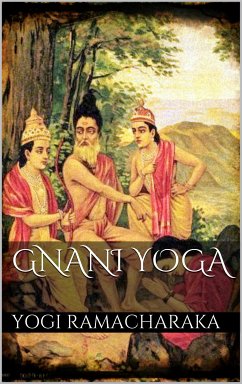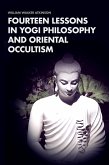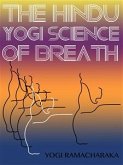Each branch of Yoga is but a path leading toward the one end—unfoldment, development, and growth. He who wishes first to develop, control and strengthen his physical body so as to render it a fit instrument of the Higher Self, follows the path of "Hatha Yoga." He who would develop his will-power and mental faculties, unfolding the inner senses, and latent powers, follows the path of "Raja Yoga." He who wishes to develop by "knowing"—by studying the fundamental principles, and the wonderful truths underlying Life, follows the path of "Gnani Yoga." And he who wishes to grow into a union with the One Life by the influence of Love, he follows the path of "Bhakti Yoga."
Dieser Download kann aus rechtlichen Gründen nur mit Rechnungsadresse in A, B, BG, CY, HR, DK, EW, FIN, F, D, GR, IRL, I, LR, LT, L, M, NL, PL, P, CZ, R, SK, SLO, S, H ausgeliefert werden.









